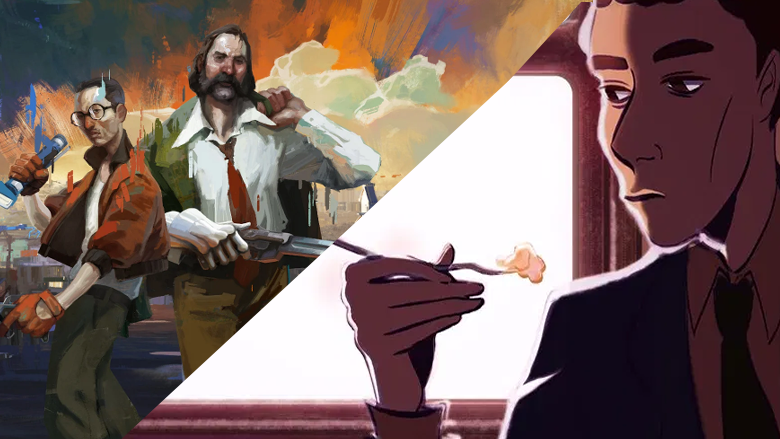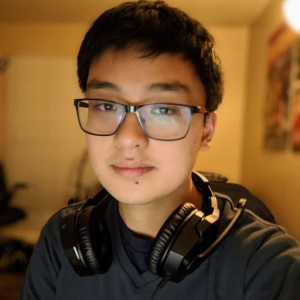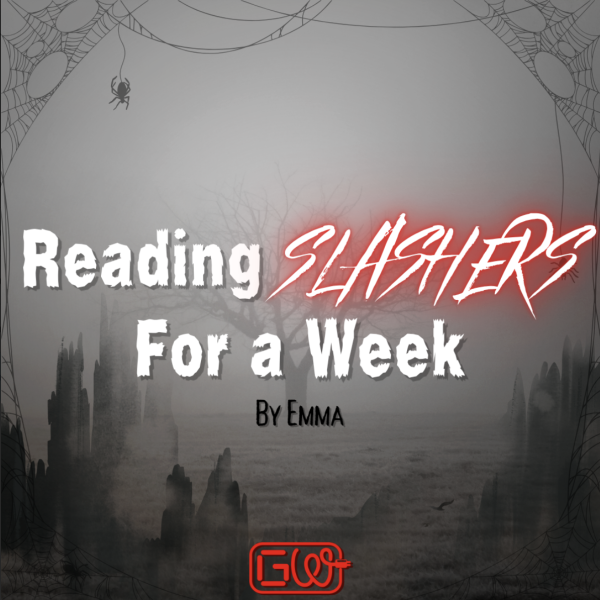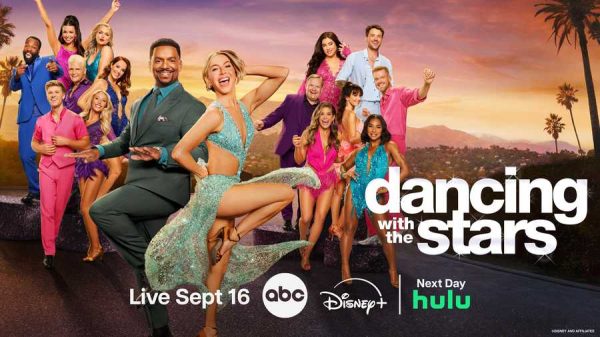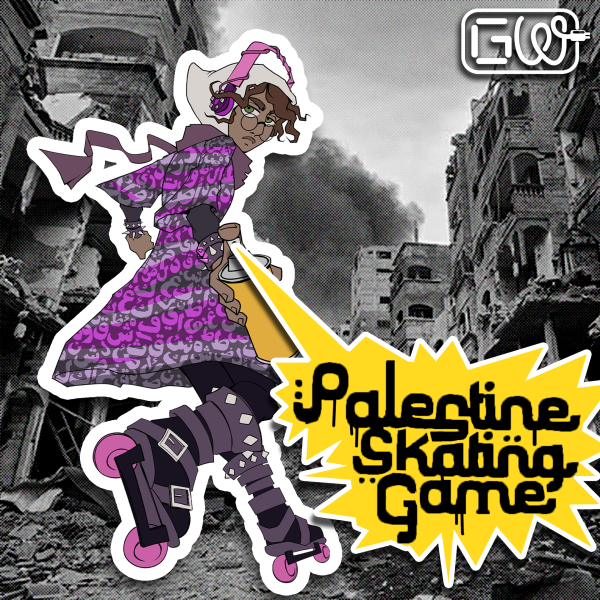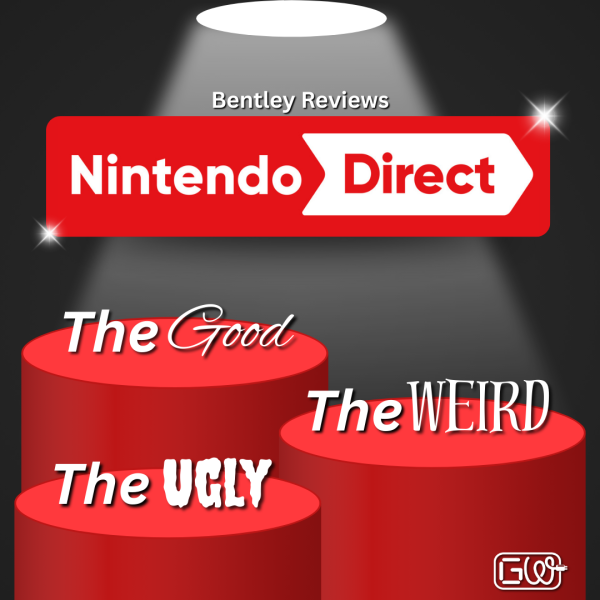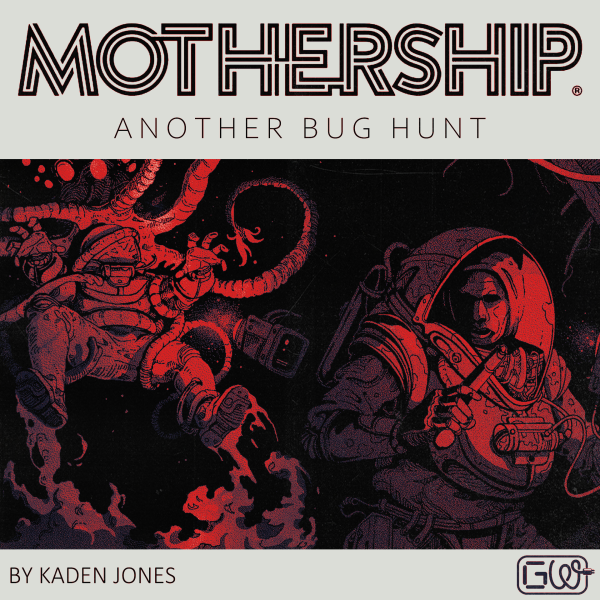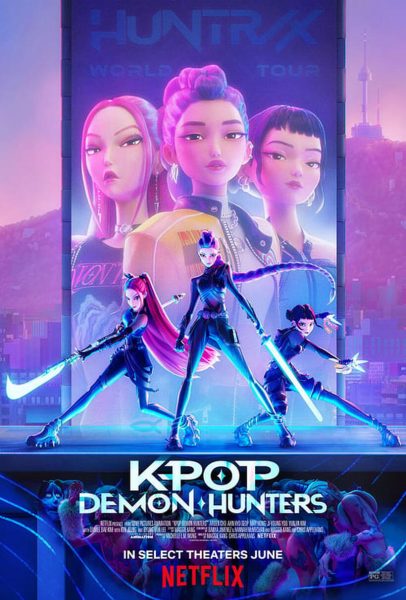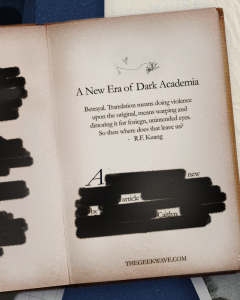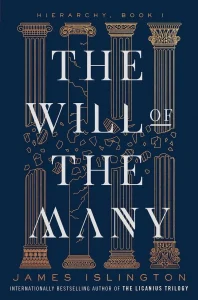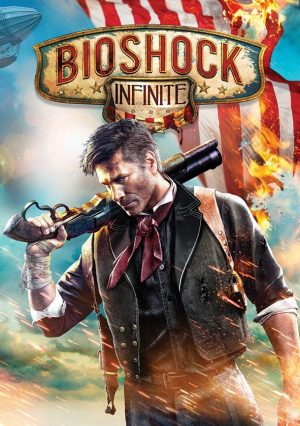For The Story
Two Indie games that are paving the way for narrative stories to take over the mainstream.
July 7, 2021
Narrative is important in games. Having a story can help immerse players in some of the more unconventional roles they will have while playing a variety of games. Now am I saying that narrative is essential? No, not by a long shot. Back when video games first hit the mainstream, the Story wasn’t even on the design table. Nobody played Pong or Pac-Man for the plot, and their insane success on release served as a reminder that gameplay, not story, drives interest all by itself. Yet, in the modern-day gaming landscape, emphasis on the Story has increased dramatically.
Both publishers and developers now care more than ever about story beats. Companies such as Sony enlist the aid of developers like Naughty Dog & Santa Monica Studios to create narrative-heavy juggernauts like The Last of Us or God of War. In response, the industry nowadays has been shown to absolutely love it. Just look at the accolades both series have gotten for plot alone. Personally, I think these stories get so many awards due to the power of games. Unlike movies or books, games have the unique perk of being an interactive medium. Instead of passively watching, players actively participate in the plot. This can oftentimes lead to stronger connections between the player and the characters, as we come to experience the journey as an active member, not a bystander.
But this active participation can only go so far. Games, like any other project, have limitations. So stories in games often come in one of two flavors, with the player either playing as themselves or as a character. When playing as oneself, the game lets players choose from a limited number of options to let them express themselves. Think of something like Fallout or Dragon Age, RPGs with a heavy emphasis on self-expression and customization. In character stories, the game follows a singular narrative. Players can’t make any truly meaningful decisions while playing. Although optional narratives may be present, the ending will oftentimes be the same. The Last of Us and God of War are great examples of this.
Today I wish to discuss two games that I think represent the epitome of both kinds of narrative. For me, there are no other two titles that have absolutely blown me away, quite like ZA/UM’s Disco Elysium, and Mischief’s Adios. Both games deserve your time to play through, as they tell stories that I feel can only ever be told through the medium of video games.
Before we continue:
I wish to warn you that this article will contain spoilers for both titles. Although I have not yet finished Disco Elysium, I will tell you that the game is best gone through blind. And for Adios, I can only tell you that the game is short, sweet, and worth every penny. Now go. Support some indie developers. Experience some amazing stories. You deserve it.
Death to Disco, Baby

There is nothing but darkness. Until you hear a voice. It is raspy, deep, and cold. It is the voice of your reptilian brain, encouraging you to stay in the cold abyss of non-existence, for it is quite comfy. But eventually, you are roused out of your slumber, you get out of your hazy nightmare, and you are alive. Who are you? You have no idea. You merely know that the room smells of cheap booze, that you have a splitting hangover, and that disco is dead. Welcome to Revachol. Welcome to Disco Elysium.
Disco Elysium is a narrative-driven RPG where you play as The Cop. After a night of excessive drinking, you wake up remembering nothing of your previous life. Your goal is to figure out who you are, why you’re here, and how to get yourself out of the lowest of rock bottoms. With a character like this, the player has the perfect opportunity to be themselves, however they see fit. The Cop has almost no background, so it’s the player’s job to figure out what kind of cop they are now. The only advice you get comes from the voices in your head, various parts of your psyche telling you how to reconstruct your persona. You choose which of these voices are strongest. So if you put an emphasis on empathy, you’ll be understanding and remorseful, its voice louder than the rest. Put points in authority? You’ll get the option to enforce your own version of the law, strict and unforgiving. Or you can do drugs. LOTS of drugs. The choice is yours, as The Cop is a blank canvas, and you are the painter.

As you play, The Cop eventually realizes they have been sent here to investigate the public execution of a local man, strung up on a nearby tree. Using your sleuthing skills and deductive reasoning, both The Cop and his partner Kim Kitsuragi must persevere in a town that despises their guts. Throughout the game, you’ll talk to various NPCs, be given tasks, level up, and learn more about the world around you. Just like in Dungeons & Dragons, you will eventually roll skill checks for particularly difficult skill checks, with success leading to new information and failure resulting in humiliation. Oftentimes in conversation, you’ll be allowed to exhaust all the dialogue options given to you, or you can lie or act completely insane. Depending on your choices, people will remember what you have to say, which can affect the investigation. You have to use your head and figure out what buttons to push and when to back away, controlling the conversation as best as possible to try and solve this murder. Although the gameplay is fun, the story is where Disco Elysium shines.
The writing in this game is absolutely phenomenal. The main story is engaging enough as it is, but it’s the characters that really bring this game to life. Each new face you come across is unique and feels genuine. One of my favorite characters, Cuno, is a 12-year-old drug addict. He cusses like a sailor and has no respect for the police, yet he is a perfect reflection of the state of Revachol. I realized soon after meeting him that he came from a broken family, that he didn’t have any role models to look up to, and, living in a town like Revachol, that drugs were his only escape from his terrible place in the world. The game is rich with characters like Cuno, breathing life both into its people and environment to make everything feel depressingly real. Even you, The Cop, have a beautifully tragic backstory, one that unfolds over time and helps show the unfortunate truths that come with the job. This alone makes Disco Elysium worth your time. But what if you want something shorter? Something on a smaller scale and easier to digest? Then Adios might be the game for you.
What Would You Do On Your Last Day?
“Why would I want to make something somebody else made when I can make something I haven’t seen before?”
Doc Squiddy, Lead Writer for Adios
Castle Super Beast Podcast: Episode 121
You are a farmer. It is early morning. You sit on a white bench over an aging porch. The moment is serene, as the sound of the farm animals echoes nearby and the trees sway in the cool breeze. A van starts pulling up from the dirt road before you. You know the man driving it, and why he is here, and that this is all normal routine for him. It has been for quite some time. He is younger than you and wears a suit and tie as he always does when he visits. He is a murderer, but a kind one. You’ve talked to him before, consider him a friend even. But today, you will disappoint him. Because in your hand is a notebook, your notebook, and in it is something you knew was a long time coming. You plan to tell him you’re done.

Adios is a first-person narrative game that takes place in the 1990s. It takes around an hour and a half or so to finish and follows the story of The Farmer, a man looking to get out of his side-gig with the local mob. You spend a majority of the game tending to the farm with the help of the man who will kill you later that same day. You talk to him about your life, your time in Vietnam, your family, but nothing will delay the inevitable. So the only thing you can wonder to yourself is, “What would I do on my last day alive?”
For Adios though, you don’t really get to answer the question for yourself. Instead, you do it from the role of a character, The Farmer. You can’t make the major decisions for The Farmer in his final hours or determine what tasks appear in his notebook. His path is clear, and although you can delay and stray from it, his ending is inevitable. So instead, you get to choose the smaller things in his various scenarios, like what chores he chooses to do first, what he gets to make for dinner, and what he says to certain people. And through these choices, you get to learn The Farmer’s past: his hobbies, accomplishments, and regrets. You get to learn what drives him and why he acts the way he does in small little chapters.
Two compelling chapters – The Dog, and The Boy – truly managed to impress me and make me contemplate my own life. Both chapters are filled with such great acting and writing that it was difficult to not cry during either moment. I won’t spoil what happens here, so I must reiterate that you owe it to yourself to experience this story for yourself. I will say that there is a lot of power in limiting choice in a game that is often liberal in your decision-making. At least one of the scenes will surely be relatable to most, so much so that I feel either scene’s writing is unlike any you’ve experienced in gaming before.

I chose to preface this part with that line from the lead writer, Doc, because it reminds me of the potential of narrative storytelling, especially on the indie scale. No big-budget AAA game would ever make a project with a pig farmer or a drunken cop as its leads. Yet through the scope of indie games, we’ve managed to get two of the most thought-provoking stories I’ve experienced. It’s a reminder that games still have the potential to be weird yet unlike anything you’ve ever experienced. I think that’s why I fancy the stories of Disco Elysium and Adios so much more than God of War or The Last of Us. They are unapologetically experimental and help push gaming in a weird and crazy direction that will hopefully help it evolve as an art form. That’s the kind of story I aspire to write someday.
Conclusion
Narrative games are a unique beast to truly sit down and appreciate for all their worth. The interactivity of gaming makes a playthrough unique for each person who grabs that controller and sits down to experience it. Yet, at the end of the day, it still manages to work. Experimental titles like Disco Elysium and Adios manage to tell their stories impeccably, letting the player join in as an actor to guide the narrative from beginning to end. It’s amazing that it works so well, and for me, at least, I can’t wait to see how other narratives learn from these games. Narrative games are art, and I’m eager to see how it evolves to become ever more ambitious, beautiful, and unique.
A Final Goodbye
And with that, my chapter in the Geekwave has come to a close. Although I have only been with the team for a year, I appreciated the opportunity to come along and write for some of the most wonderful nerds at The University of Utah. Being able to express my thoughts in both articles and podcasts has been an absolute blast, and after reading what the new blood has to offer, I know that these guys are in safe hands.
Before I go, I would like to thank two people in particular. First, I would like to thank Max for recruiting me and letting me be on the team for so long. He’s a kind and lovable dude, and he gave me a platform to express myself with, so thank you. Second, I wouldn’t be here without the wonderful help of my editor Talon. He’s helped me throughout this entire endeavor and has improved my writing substantially while I was here. Keeping me responsible with my own deadlines yet allowing me to write about whatever I pleased made him a great mentor and friend. I wouldn’t nearly have sounded half as good in my pieces without him and his great insight. So from the bottom of my heart, thank you for all the help Talon. You’re the best.
So with that, my time here is done. For everyone who read my glorified little opinion pieces, thank you for your time. It really does mean a lot that you appreciated what I had to say. I have no idea what the future has in store for me, but I can’t wait to see where it takes me. For now, though, I guess I’ll be seeing you, ‘Till next time.
Patrick Villegas
July 7th, 2021

